The Philosophy of Vedanta: A Modern Scientific Perspective
Synopsis
This book is an attempt to look for a possible framework within which the subjective science of philosophy can be developed in the spirit of modern science and also independently of the existing philosophies of the world. It also suggests one more direction fro the advancement of the philosophical thnking in the context of modern ‘scientific ‘terms. All throughout in writing this book, the Vedanta philosophy has been in the background. The back consists of nine chapters. After emphasizing the need for a discipline like subjective science for the purposes of having (i) a better understanding not only of the overlapping regin between philosophy and science but also of behavioral sciences, (ii) an explanation of several exotic phenomena for which the objective sciences have no explanation whatswover, and (ii) a common framework for the unified description of religion and science, in chapter I, a survey of the knowledge concerning thehuman being and Nature is made, in Chapter2 A discussion of life, matter and their interconnection is also presented here in scientific terms. Using the essences of life as ingredients, we propose a philosphico, atomtype model (henceforth called “patomic†model) for the human being in chapter 3. In fact,. This chapter forms the basis for the discussions in all subsequent chapters. In chapter 4, the author propose to discuss the interaction of a physical (=material) particle with the human being within the framework of the patomic model. The interaction of the human being with panca mahabhutas is also discussed here in great detail. As a continuation of these ideas, the role of consciousness in scientific observations in the context of physical and biological scienc es is highlighted in chapter 5. With a view to understanding the interaction among the human being, in chapter 6 the author introduces the concept of existence of three forms of a human being namely grossmicro-and causal-forms in accordance with the sthul, sulkhsma, and karan sariras of Hindu philosophy. In chapter 7, the author further look for a common framework in terms of the patomic model to understand the degree of reality as described by science (objective reality) and realized in a religion (subjective reality)through various models.Chapter 8 hints at further applications of the patomic model with reference to social sciences, psychology, parapsychology, scientific epistemology, and causality principle in physics. In chapter 9, while the important conclusions drawn from the studies and applications of the proposed patomic model in previous chapters are listed, the limitations on the laws of science are once again stressed.
Read more
9.90
8.91
$
11.00 $
Free delivery Wolrdwidе in 10-18 days
Ships in 1-2 days from New Delhi
Membership for 1 Year $35.00
Get it now and save 10%
Get it now and save 10%
BECOME A MEMBER
Books by the same author
-
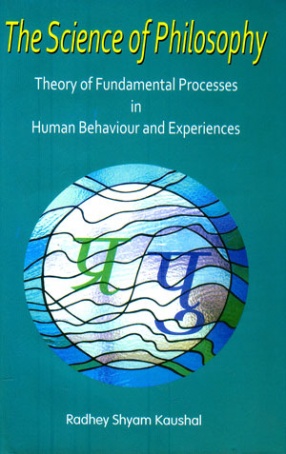
The Science of Philosophy: Theory of Fundamental Process in Human Behaviour and Experiences
-
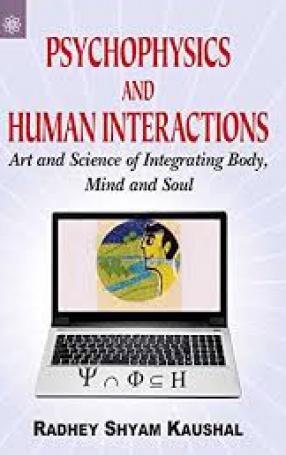
Psychophysics and Human Interactions: Art and Science of Integrating Body, Mind and Soul
-
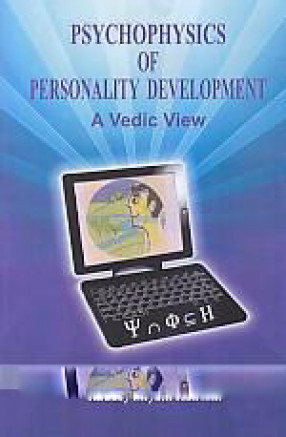
Psychophysics of Personality Development: A Vedic View: Art and Science of Integrating Body, Mind and Soul
-
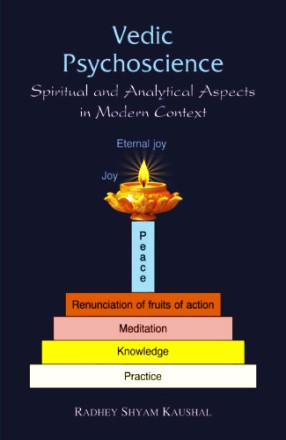
Vedic Psychoscience: Spiritual and Analytical Aspects in Modern Context

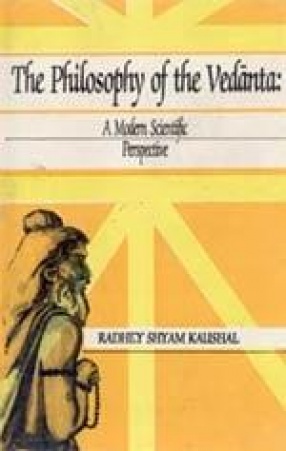


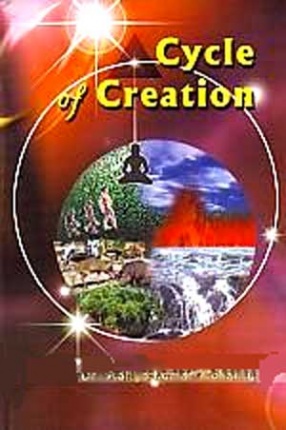
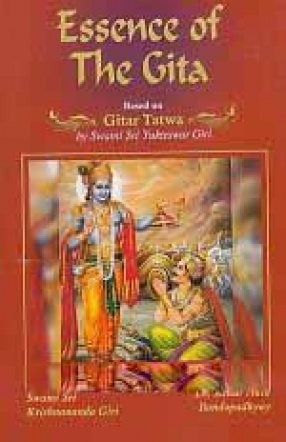

Bibliographic information